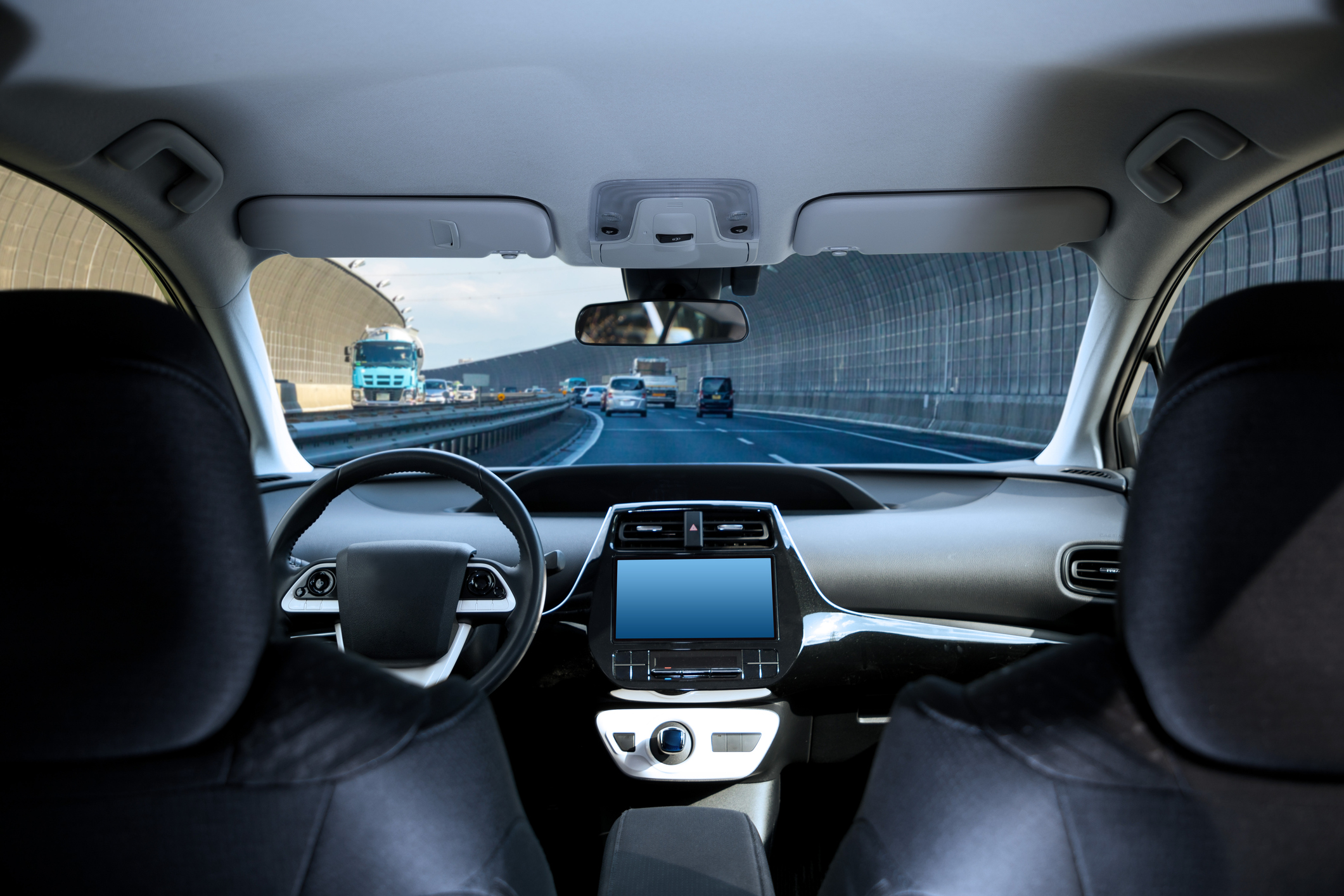Driverless cars can now make better decisions, new technique validated

Source: interestingengineering
Author: @IntEngineering
Published: 6/22/2025
To read the full content, please visit the original article.
Read original articleResearchers at North Carolina State University have validated a new technique to improve moral decision-making in driverless cars by applying the Agent-Deed-Consequences (ADC) model. This model assesses moral judgments based on three factors: the agent’s character or intent, the deed or action taken, and the consequences of that action. The study involved 274 professional philosophers who evaluated a range of low-stakes traffic scenarios, focusing on everyday driving decisions rather than high-profile ethical dilemmas like the trolley problem. The researchers aimed to collect quantifiable data on how people judge the morality of routine driving behaviors to better train autonomous vehicles (AVs) in making ethical choices.
The study found that all three components of the ADC model significantly influenced moral judgments, with positive attributes in the agent, deed, and consequences leading to higher moral acceptability. Importantly, these findings were consistent across different ethical frameworks, including utilitarianism, deontology, and virtue ethics, suggesting a broad consensus on what constitutes moral behavior in traffic
Tags
robotautonomous-vehiclesAI-ethicsdriverless-carsmoral-decision-makingtraffic-safetyAI-training